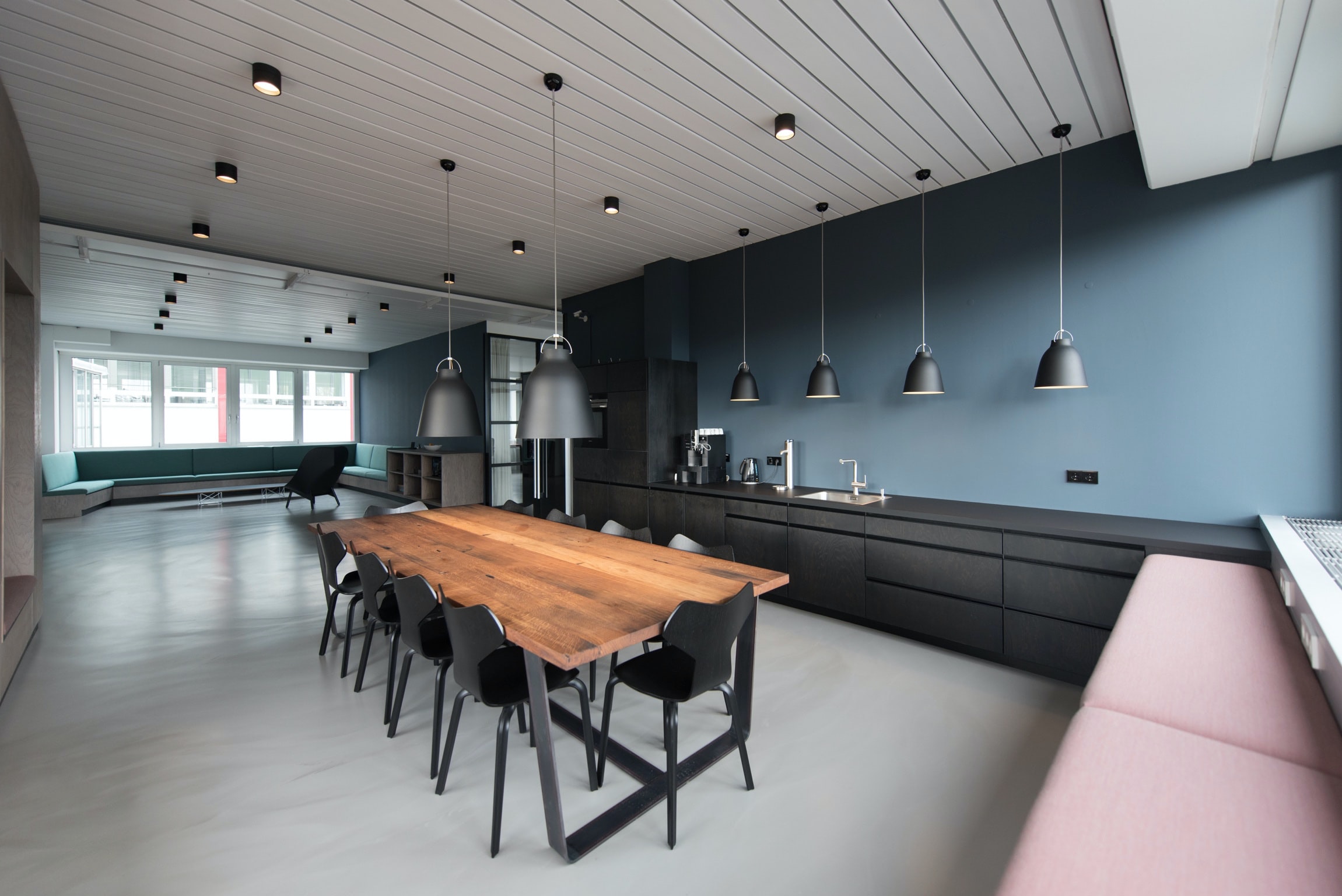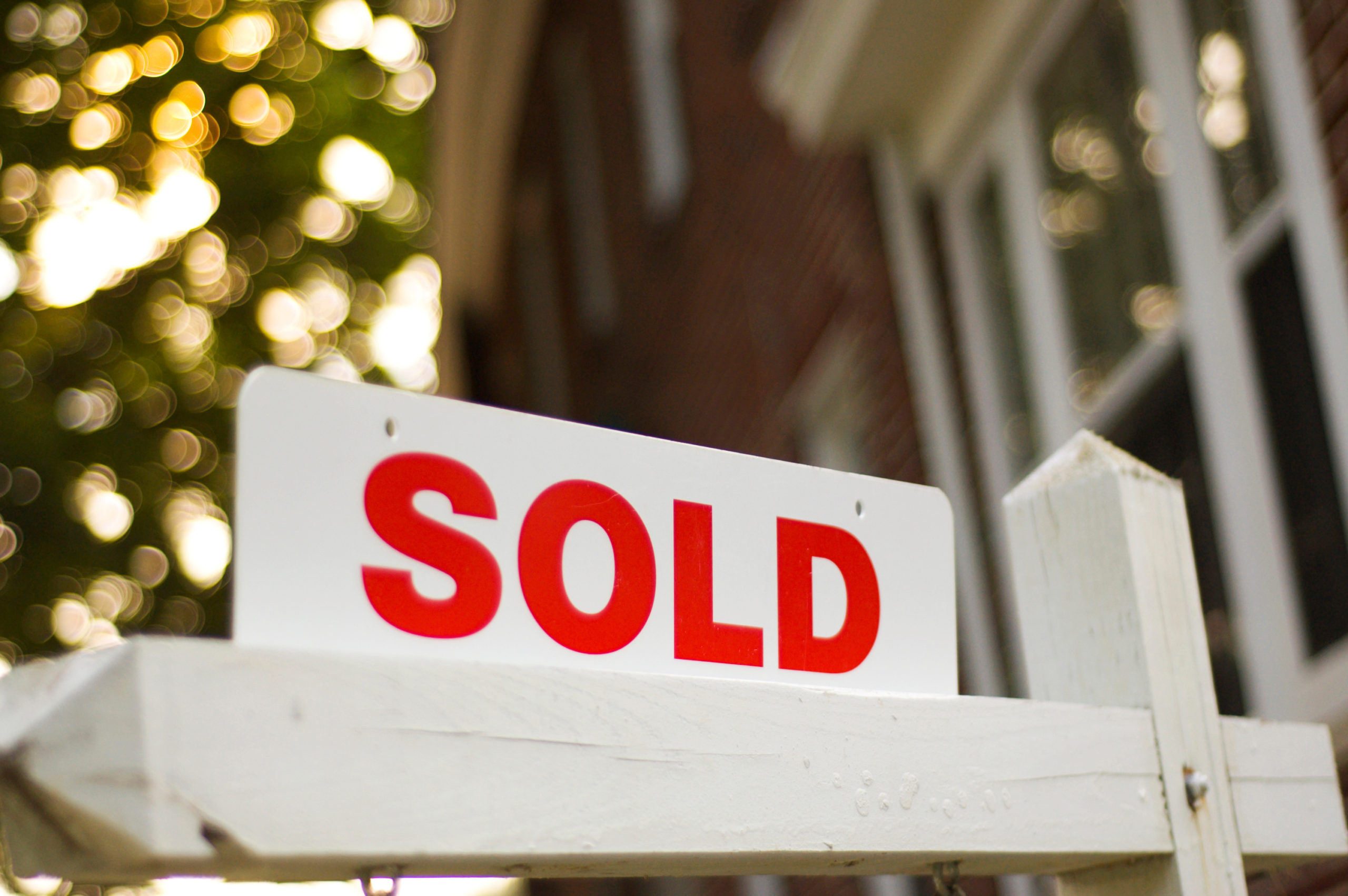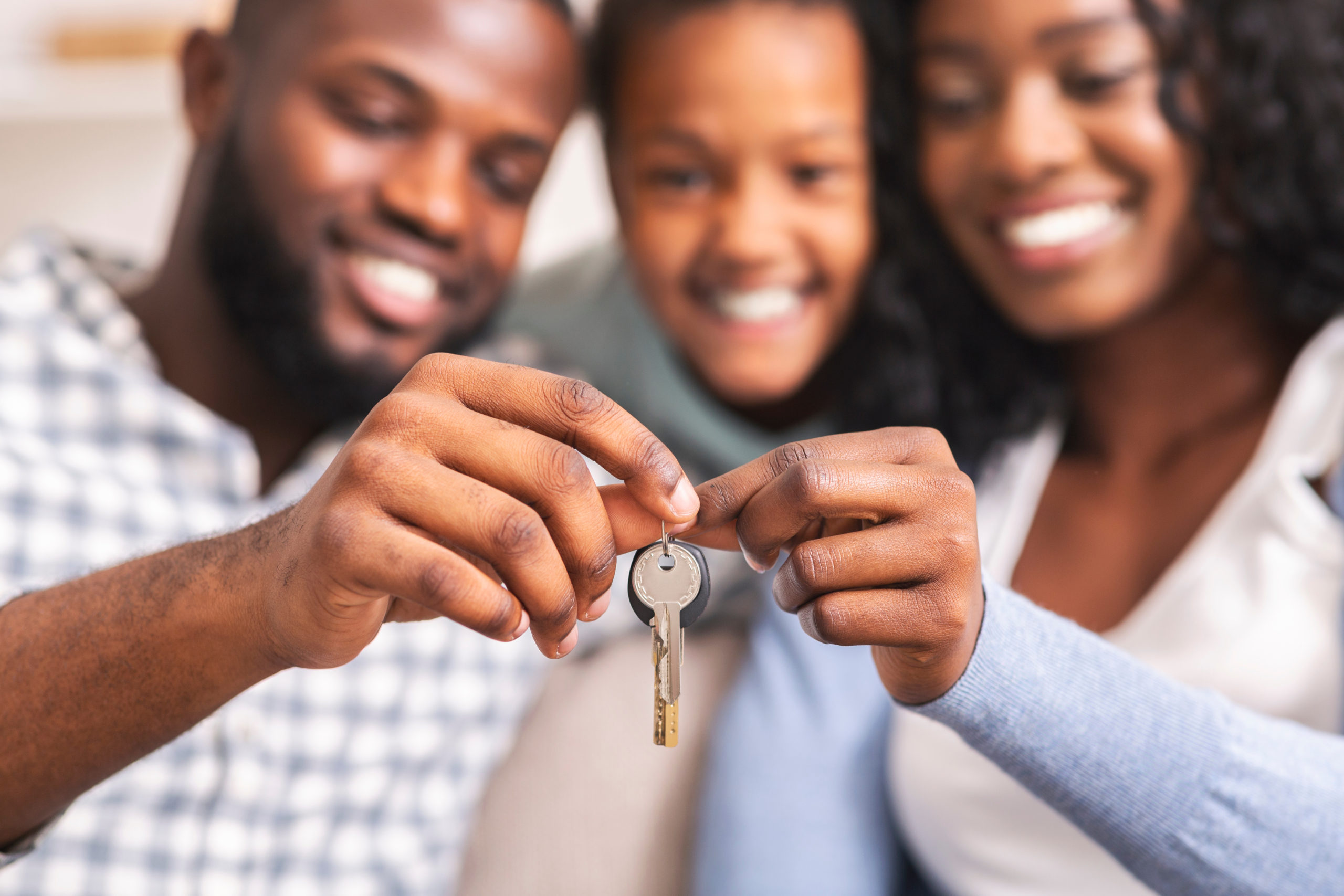
Staging is a critical step in successfully selling your home that realtors recommend for a reason. Open houses are on their way out, and with the internet being the primary source of finding homes, virtual staging can make or break interest in your home.
What is Virtual Staging?
Virtual staging consists of decorating a home to make it more attractive to potential buyers – it’s a great way to get buyers to imagine their own furniture and décor in the space and feel at home.
Good photos that buyers can see online can help them cement their decision to see the home in person or put in an offer! A professional stager can use their expertise to create an aesthetic space buyers will love.
How is Virtual Staging Different Than Physical Staging?
Buyers appreciate staging even if they don’t consciously know it, and while physical staging is still valuable, virtual staging is a time saver. You don’t have to have a busy stager constantly in the home or wait for furniture or décor items to arrive.
The ultimate benefit is that stagers can easily make changes and adjust the look of the space more efficiently until it’s perfect. Whether your home is vacant and bare or has older furniture, virtual staging can completely remove older items and transform the space with new ones without lifting a finger.
Of course, you don’t have to commit to virtually staging your entire property. Focusing on a few rooms can make a significant impact.
Rooms That Benefit from Virtual Staging
If you want to limit your virtual staging to only a few rooms, some spaces benefit from virtual staging more than others.
Living Room
The living room of any house is full of personal items and photos, which makes it hard for buyers to imagine themselves in the space. Experts recommend keeping the virtual staging filled with muted colours and greenery to make the home feel neutral.
Kitchen
For food lovers and amateur chefs, the kitchen is one of the most central spaces in the home. Some buyers make their entire decision based on the kitchen, so it’s important to stage it to make it appealing. Buyers want to see minimal décor and the storage space – light, fresh paint is necessary to make the kitchen look well-maintained.
Master Bedroom
Master bedrooms are another critical space that buyers take seriously. This is another room that holds many personal items, and virtual staging can remove them. People also want to see storage and closet space and the ensuite bathroom. Adding texture through textiles during the virtual staging can fill the room beautifully.
Pros and Cons of Virtual Staging
Pros
- Practical and convenient: With virtual staging, you’re not physically moving things in and out of the house. As a bonus, you don’t have to coordinate schedules with multiple people to stage.
- Flexible: A top benefit of virtual staging is that you can design the same room with different functionalities. You can turn your spare bedroom into a home office or an exercise space – it leaves you with so many options.
- Quick: It goes without saying that virtual staging is less of a time commitment than physical staging. You’re not waiting for physical items or furniture to complete the look.
Cons
- Physical showings will look different: After looking at the stunning virtual staging photos, the showing will look different in comparison, which can be a little unexpected for buyers.
- Furnished homes can be more challenging: Vacant homes are easier to stage virtually because they’re a blank slate. Occupied homes are trickier. Designers will have to remove furniture digitally before going back to stage, raising the cost.
Is Virtual Staging Right for You?
The choice between traditional staging and virtual staging can be challenging. At Sarasota Realty, our professional realtors can suggest the best route for your space to help your home sell faster. Contact Sarasota Realty to help you sell your home and find another one.











